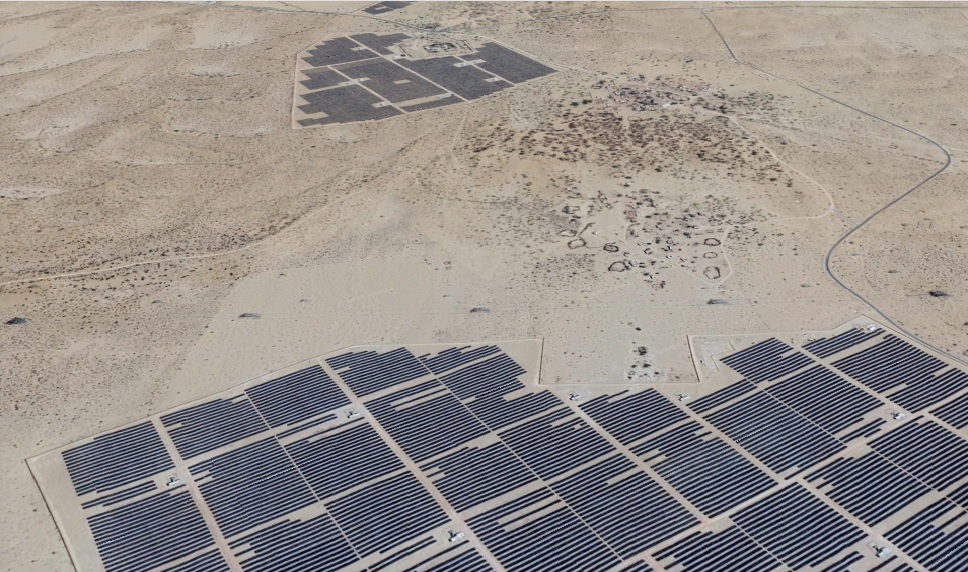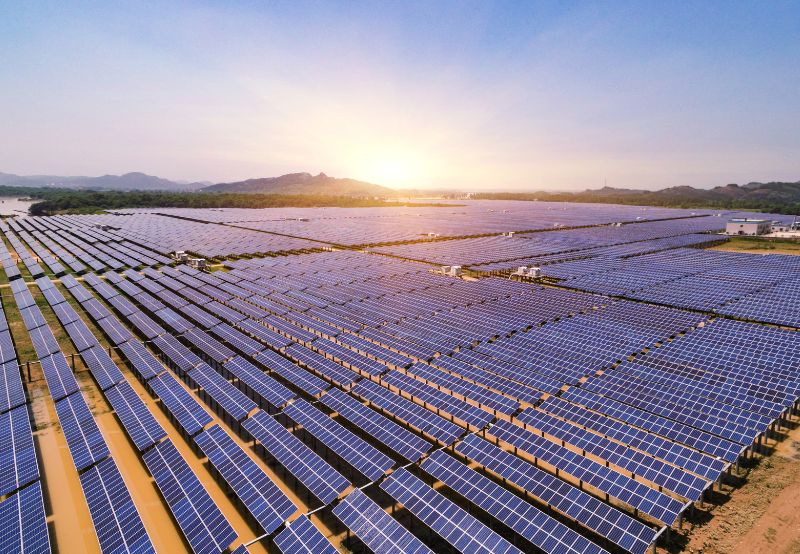India’s commitment to renewable energy is driven by several factors, including the need to reduce greenhouse gas emissions, enhance energy security, and support economic growth. The country’s reliance on coal and other fossil fuels has contributed to high levels of air pollution and carbon emissions. Transitioning to renewable energy sources is essential to address these environmental challenges and meet international climate commitments under the Paris Agreement.
The Indian government has implemented various policies to support the renewable energy sector, including tax incentives, subsidies, and favourable tariffs. The introduction of the National Solar Mission and the establishment of solar parks have accelerated the development of solar energy projects. Additionally, international collaborations and investments have played a crucial role in advancing India’s renewable energy agenda. Partnerships with countries like the United States, Germany, and Japan have facilitated technology transfer, capacity building, and financing for renewable energy projects.
Solar energy has emerged as a key focus area, with India boasting some of the world’s largest solar farms. The Bhadla Solar Park in Rajasthan and the Pavagada Solar Park in Karnataka are prime examples of large-scale solar projects that have attracted significant investment. Wind energy is another critical component of India’s renewable energy strategy, with states like Tamil Nadu, Gujarat, and Maharashtra leading in wind energy capacity.
However, the renewable energy sector in India faces several challenges. Land acquisition and infrastructure development are major hurdles, as large-scale renewable energy projects require substantial land and transmission infrastructure. Additionally, financing and investment risks, such as currency volatility and regulatory uncertainty, can impact the sector’s growth. Addressing these challenges requires coordinated efforts from the government, private sector, and international partners.












